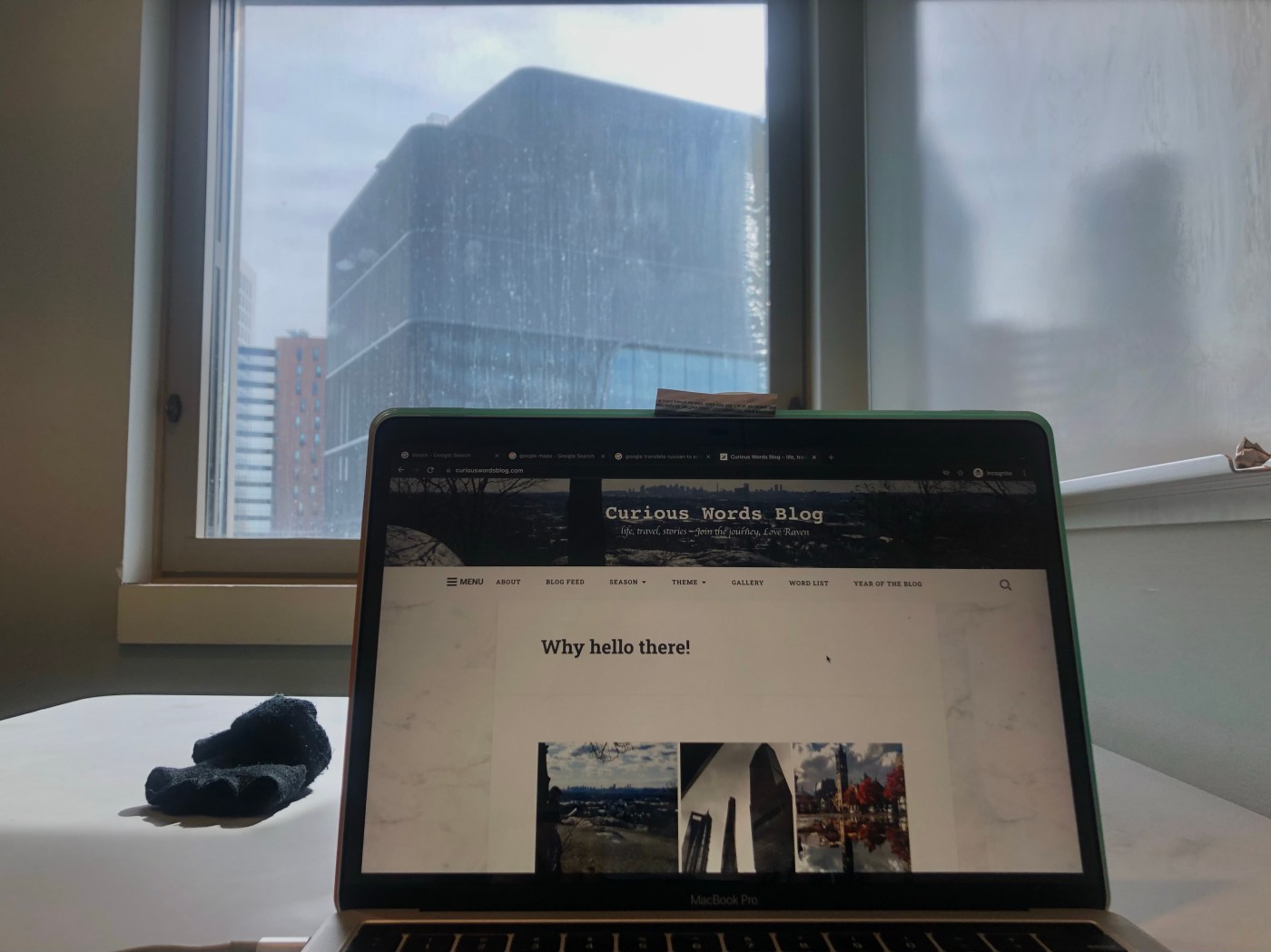Dear Reader,
This is going to sound lame, but do you like to study?
As a school girl, I never enjoyed the process of studying. As a child very keen on meeting expectations (I’m an “Upholder,” more here), preparing for a pass/ fail situation was always stressful. Furthermore, unlike a set of math problems or an essay, there is no natural conclusion to “studying.” In short, I was not a fan.
Today, I am a graduate student who must study for a battery of (okay, two) exams to move on from one phase of my doctoral program to the next. Very fortunately, my program is such that we are given most of an academic semester to prepare for the exams and are not required to take classes simultaneously (although some students do this —not me though!!). In the abstract, I very much looked forward to a semester where I did not have to worry about submitting essays regularly or getting called on during the class discussions. However, once I finally sat down to study in January, I realized that the idealistic picture of me with a cup of coffee in hand and my eyes glued to the electronic page was nothing more than wistful thinking.
At first, studying for these exams (which, are six typed essays divided between two five-hour days) was unpleasant. Although I have covered a good amount of the material from my classes in my past semesters, a lot of what I was seeing on the pages before me was hard to digest. Unfortunately (at least, I see it this way), in my field, it is not enough to simply know a concept, rather once must know the concept (part 1) AND the mastermind behind such a concept (part 2) AND how the concept fits into the broader body of knowledge surrounding the concept (part 3). A totally unrelated example of what I mean could be as such:
Part 1. Concept: X-Ray Machine. X-rays use ionizing radiation, which passes through softer tissue like the skin and focuses on denser tissue areas like bones and teeth. These machines can be used as diagnostic tools to allow doctors to identify fractured bones or related injuries through imagery.
Part 2. Who: X-Rays were discovered by William Crookes in the mid 19th century, however, the actual machine that produces photographs was not invented until the end of the 19th century by Wilhelm Röntgen.
Part 3. Significance/ Contribution to the field: The discovery became instantly popular, leading to the quick development of the technology. By World War I, mobile machines were in use and were deployed at military field hospitals
(Source: Wikipedia)
I don’t study anything medical related, however, the three-part framing above is basically how I am supposed to consider each concept and eventually translate it into an academic discussion in response to the given essay questions.

Now that I have been studying for over a solid month, studying has weirdly become more enjoyable. At first, most everything I attempted to study seemed either unfamiliar to me or disjointed, however, now, I can see how the different concepts fit together to tell the story of the evolution of the field. I have also found that for myself, “actively” studying (like writing and recalling info) is more effective (and enjoyable) than “passively” studying (like reading and reviewing flashcards) to acquire knowledge.
Here are some methods that helped me go from bored to engaged while studying:
- Reading. (Encoding of Memory) Don’t spend all your time reading. When studying, it is important that you understand key concepts and key details, NOT every single piece of given information. Make sure that you are focused when you read. Read with a plan. For example, if you must understand the author’s key contribution to the field, scan for the research question, the independent/ dependent variables, and the critiques of the arguments.
- Writing. (Storage of Memory). Take notes, summarize, but don’t re-write the text. I don’t know how your brain works, but mine cannot digest heaps of information at one time. While taking notes, try to focus on the main points and write in a way to help your brain remember. For example, I have started to employ mnemonic devices into my writing (using “play on words” and rhyming for example) to help my brain better latch onto the (let’s be honest — otherwise unremarkable) information.
- Flash Cards/ Test Yourself. (Memory Recall) When making flash cards, make sure to actually test yourself, rather than just read the front and back. When we are forced to retrieve stored information from our brains (like when you try to remember the definition of a word), you coax your brain to reproduce the neural activity that allowed you to “save” that information in the first place. The more you go back and push yourself down that neural pathway, the stronger the memory will be and the more clearly you will be able to recall that information.
- Get Creative. Instead of just learning each term/ concept in isolation, try to understand how everything connects to each other. Did one event lead to another? Do two ideas concur or conflict with one another? Get creative — make diagrams or charts, write summaries, make lists, or even get weird — karate chop the air, scream, sing, dance, or do W H A T E V E R you can to help you connect everything together. The more neural pathways you can connect between the concepts, the better you will be able to keep everything fresh in your brain.

Also, when it comes to studying — don’t cram (obviously). Be sure to give yourself enough time to learn (rather than just memorize and recite). Clearly, this advice is easier said than done, but seriously, studying is HUGELY less stressful when you start early. Additionally, be sure to do all the normal stuff — stay hydrated, sleep, exercise, take breaks, etc.
Wishing you (and me) the best of luck!
Love,
Raven

Leave a comment